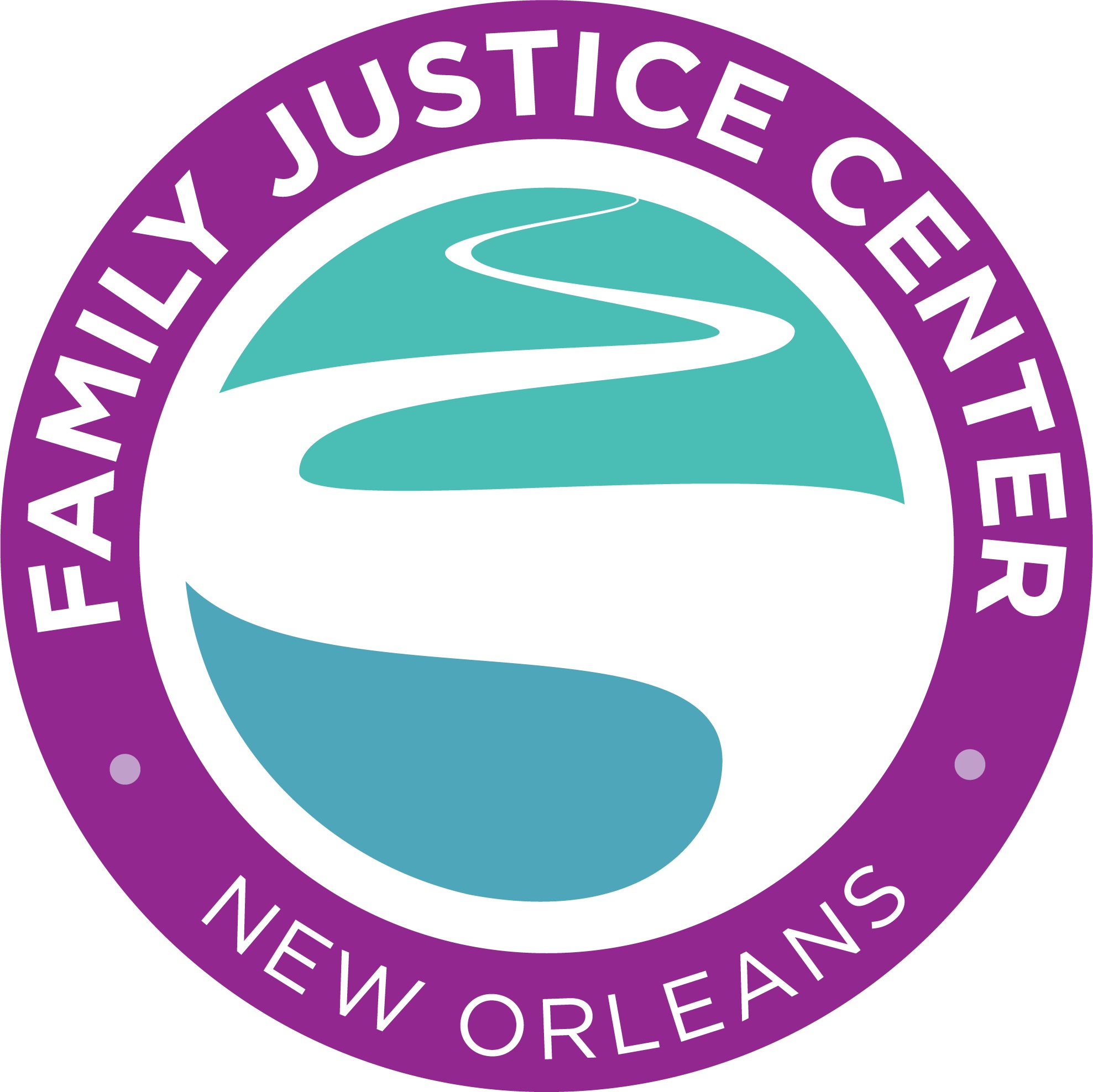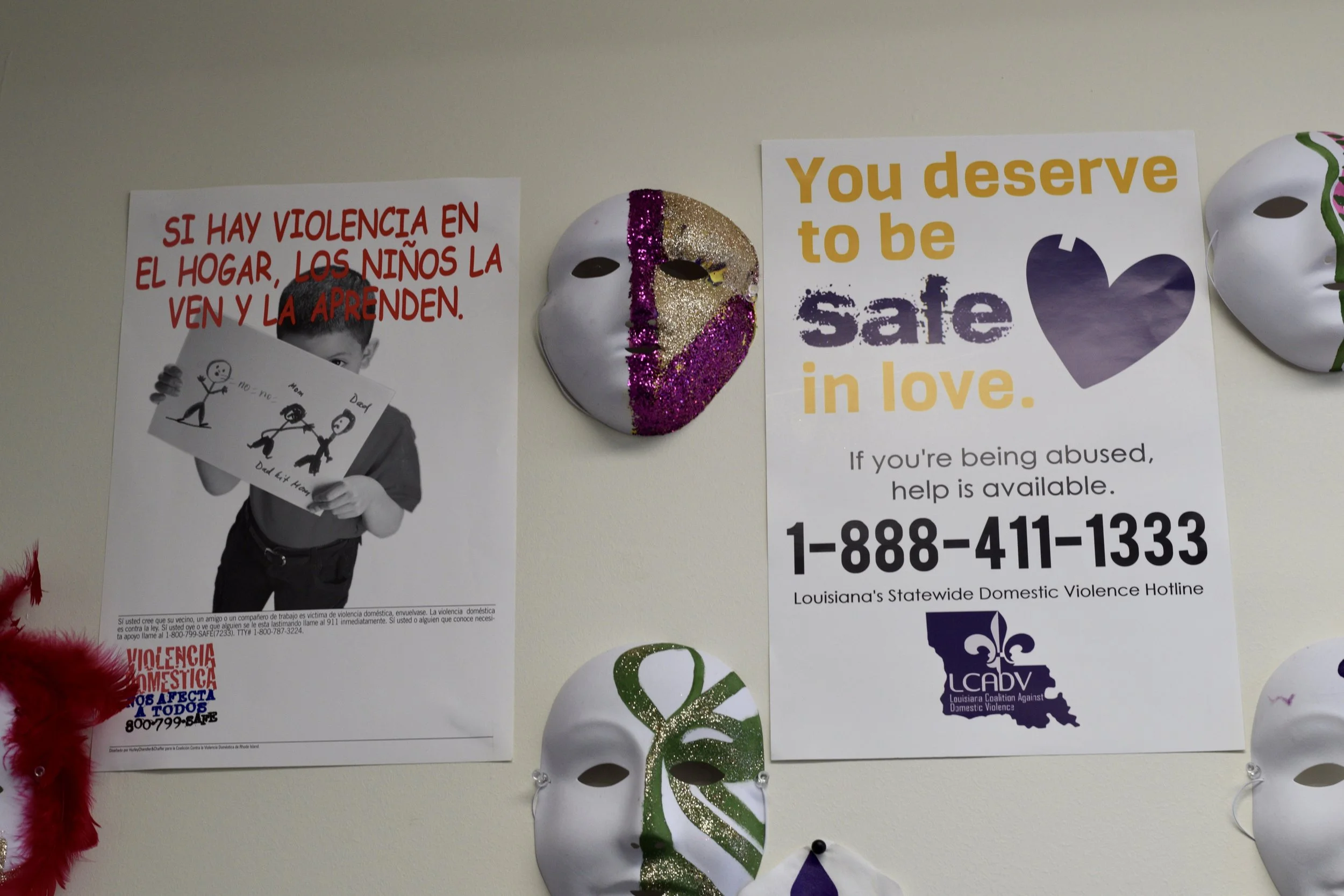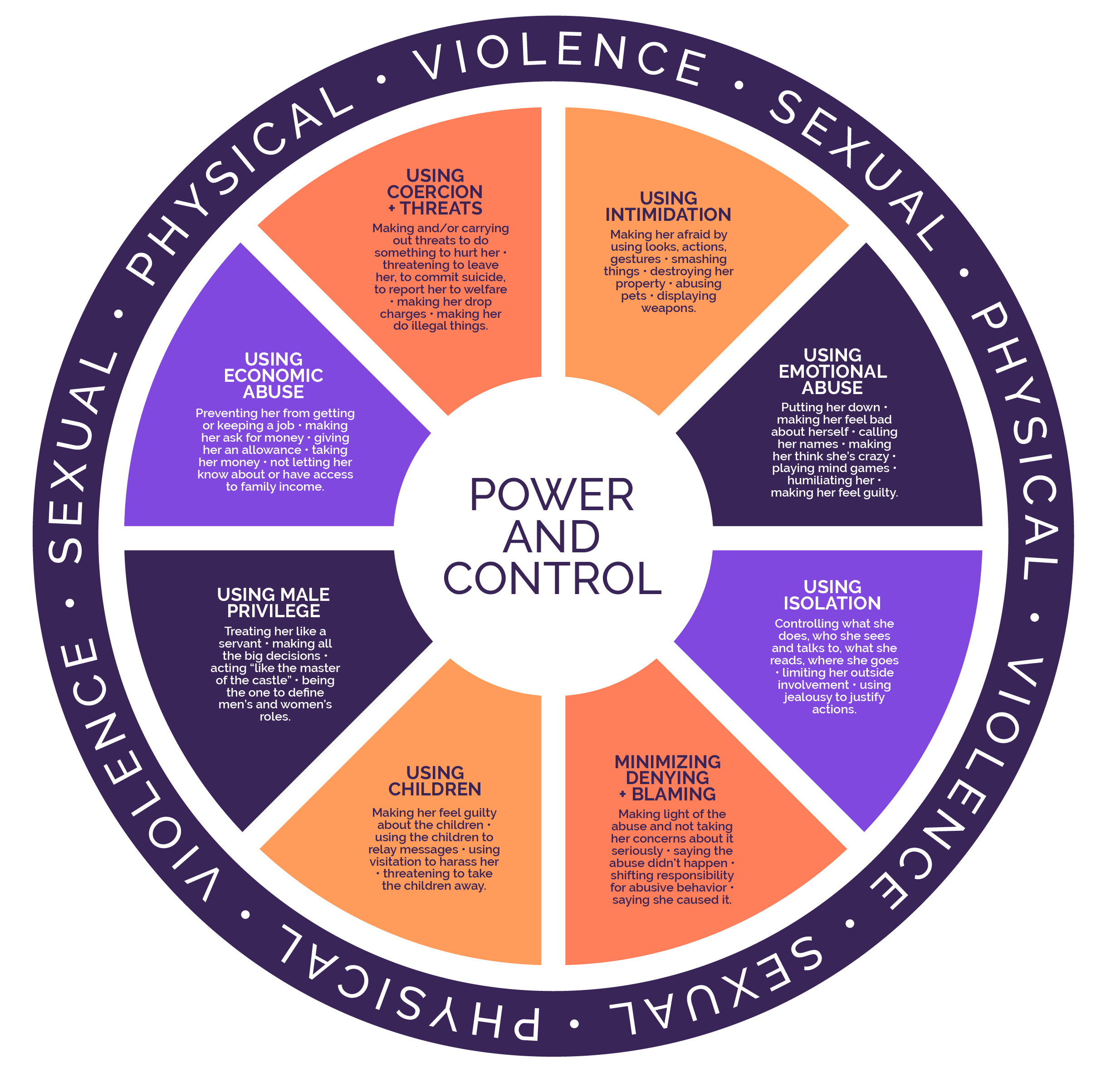Reading List
A list of books compiled by staff:
All About Love / Codependent No More / Gift of Fear / Helping Her Get Free: A Guide for Families and Friends / In the Dream House (Queer Survivor Narrative) / Invisible Bruises / Mejor Sola Que Mal Acompañada / Psychopath Free / When Dad Hurts Mom: Helping Children Heal the Wounds of Witnessing Abuse / Whole Again / Why Does He Do That / and for some abusive partners the book: Will to Change.
There are many more out there. If there’s a book you’d recommend please email us at Healing@NOFJC.org
The guide to help students learn about which substances pose a great risk to them, the consequences of continuous usage, and steps to overcome addiction. Thank you Intelligent for sharing!
Louisiana + National Resources
shelter list for greater new orleans area
Use the links and hotlines below to get connected to help and locate domestic violence, dating violence and sexual assault services across the state and throughout the US.
Greater New Orleans Area Shelter List For shelter placement call UnityGNO: 504-821-4496
Domestic Violence Shelters Nationwide | 1-800-799-7233 | Live Chat | En Espanol
Sexual Assault Services Nationwide | 1-800-656-4673 | Live Chat | En Espanol
Resources for Teens | 1-866-331-8435 | Live Chat | Text: loveis to 22522 | En Espanol
For Military & Military Families: DoD Safe Helpline for Service Members | 1-877-995-5247 | Live Chat
VIA link for Southeast LA: Info + Crisis Line | Dial 2-1-1 | 504-269-2673 | Text 898211
Suicide Prevention Hotline | 1-800-273-8255 | For Deaf + Hard of Hearing
Linea de suicidio y crisis Llame 9-8-8 | Mande En Texto: HOLA al numero: 741741 | O Mande en Texto: 442-AYUDAME en WhatsApp
About Domestic Violence - Intimate Partner Violence
Understanding Domestic Violence
Abuse and violence can take many forms — all rooted in an attempt to control, dominate, or restrict another person’s freedom and safety.
Domestic Violence (DV) or Intimate Partner Violence (IPV) is a pattern of behaviors used by one partner to gain or maintain power and control over another. These behaviors may occur in any type of relationship and can include:
Physical violence – causing harm or threatening physical harm
Sexual violence – forcing or coercing unwanted sexual activity
Psychological abuse – intimidation, threats, or manipulation
Emotional abuse – humiliation, isolation, or constant criticism
Financial abuse – controlling access to money, employment, or financial independence
The Power and Control Wheel below helps illustrate how domestic violence manifests through various forms of abuse and coercion.
If you believe you may be in a domestic violence situation, you are not alone. Please reach out for help — call 504-592-4005 or visit our office for confidential support, resources, and guidance.
About Sexual Assault
Understanding Sexual Assault
Sexual assault refers to any sexual contact or behavior that occurs without the explicit consent of the person involved. It is an act of power and control that can affect anyone—regardless of gender, age, background, or relationship status.
Forms of sexual assault include:
Attempted rape
Fondling or unwanted sexual touching
Forcing or coercing someone to perform sexual acts, such as oral sex or other forms of penetration
Penetration of the body without consent (rape)
If you have experienced sexual assault, help and healing are available.
Our advocates can connect you with medical advocacy and support during a forensic exam (rape kit), ensuring your rights and choices are respected throughout the process.
For immediate support, call our 24/7 Crisis Line at 504-866-9554. You can also visit our office for confidential assistance, safety planning, and referrals for counseling or legal services.
Forensic Programs:
Hope Community Clinic: 504-503-0878
Chidlren’s Hopsital Manning Family Children’s CARE Center : (for children): 504-896-9237
University Medical Center: 504-702-3000
To learn more about sexual assault, consent, and survivor resources, visit RAINN.ORG
About Child Abuse or Child Sexual Abuse
Understanding Child Abuse
Child abuse refers to any act that causes serious physical, emotional, or sexual harm, neglect, exploitation, or death of a child. Abuse can occur in many forms, including:
Physical abuse
Emotional abuse
Sexual abuse/ Trafficking
Neglect
If you believe a child may be experiencing abuse or neglect in Louisiana, call the Child Protection Hotline at 1-855-4LA-KIDS (1-855-452-5437)
For medical care or a forensic exam for children under 18, visit:
Children’s Hospital Manning Family Children's CARE Center (for acute child abuse cases): https://www.manningchildrens.org/services/forensic-program/ | 504-896-9237
Northshore: Child Advocacy Center – Hope House
Jefferson Parish: Jefferson Children’s Advocacy Center
For homeless or at-risk youth: Covenant House New Orleans
For counseling and emotional support for children and families, contact:
Children’s Bureau of New Orleans – Clinical Services: childrensbureaunola.org/services/clinical-services



